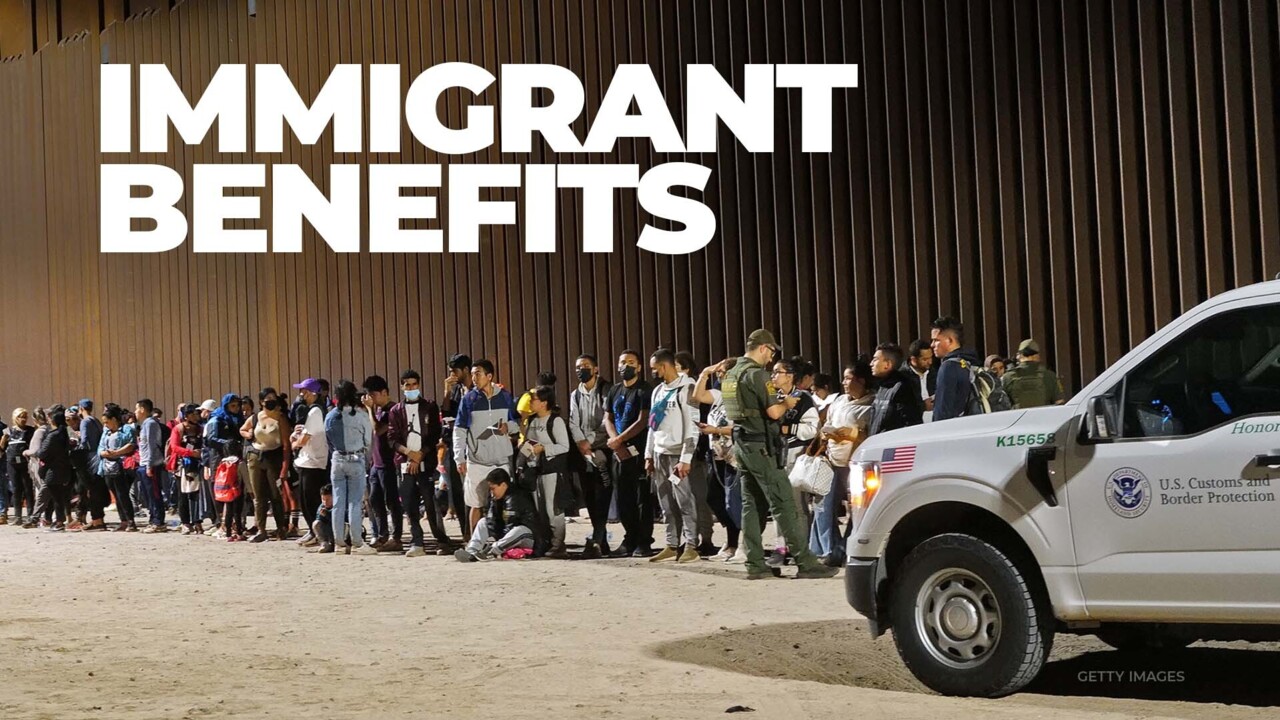
The Department of Homeland Security is making a rule change that will make it easier for migrants who receive financial assistance from the government to obtain green cards.
Under the Immigration and Nationality Act, non-citizens are deemed inadmissible if they are likely at any time to become a public charge. Meaning – if the person is likely to become dependent on government benefits like medicaid or Snap nutrition assistance, they will be denied a green card.
Under the new rule, DHS will only consider cash benefits to make a public charge determination – like Supplemental Security Income, and Temporary Assistance for Needy Families. Non-cash benefits will not be considered. Those include SNAP and other nutrition programs, the Children’s Health Insurance Program, Medicaid, housing benefits, and more.
There was a range of feedback during the public comment period. Those in favor of the new rule said it will streamline the application process and allow immigrants to fill jobs U.S. citizens may not favor. Those against said the rule is intended to prevent immigration, while another commenter stated that the proposed rule seeks to punish potential immigrants. Others said the rule will be an incentive for more immigration to the United States by noncitizens who will rely on public benefits without fear of repercussions.
The Migration Policy Institute Estimates 167,000 people or less than 1 percent of the 22 .1 million non-citizens living in the U.S. would be considered a public charge. The new rule takes effect December 23rd. Straight from DC, I’m Ray Bogan.










